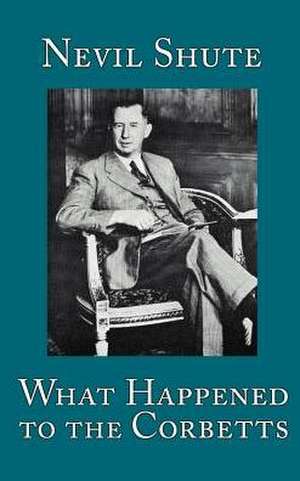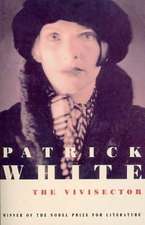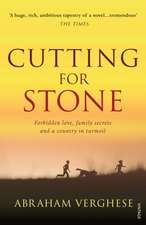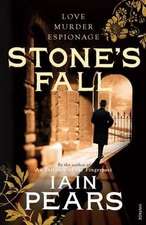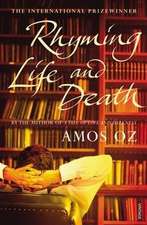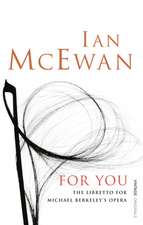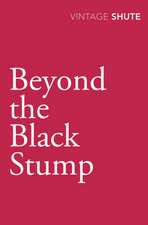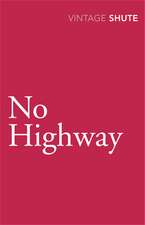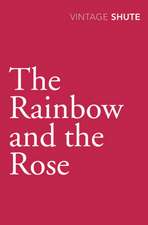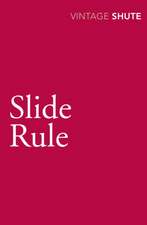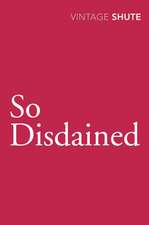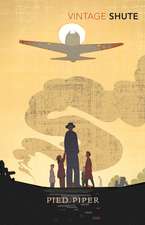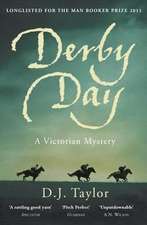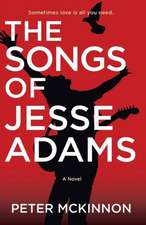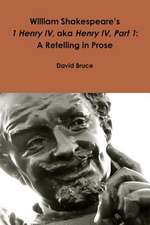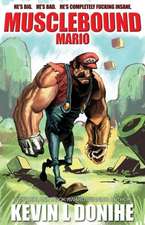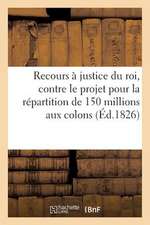What Happened to the Corbetts
Autor Nevil Shuteen Limba Engleză Hardback – 30 noi 1966
| Toate formatele și edițiile | Preț | Express |
|---|---|---|
| Paperback (1) | 53.99 lei 24-30 zile | +20.45 lei 5-11 zile |
| Vintage Publishing – 3 sep 2009 | 53.99 lei 24-30 zile | +20.45 lei 5-11 zile |
| Hardback (1) | 263.88 lei 6-8 săpt. | |
| Paper Tiger (NJ) – 30 noi 1966 | 263.88 lei 6-8 săpt. |
Preț: 263.88 lei
Nou
Puncte Express: 396
Preț estimativ în valută:
50.50€ • 52.53$ • 41.69£
50.50€ • 52.53$ • 41.69£
Carte tipărită la comandă
Livrare economică 14-28 aprilie
Preluare comenzi: 021 569.72.76
Specificații
ISBN-13: 9781889439198
ISBN-10: 1889439193
Pagini: 180
Dimensiuni: 162 x 238 x 18 mm
Greutate: 0.45 kg
Ediția:00011
Editura: Paper Tiger (NJ)
Locul publicării:United States
ISBN-10: 1889439193
Pagini: 180
Dimensiuni: 162 x 238 x 18 mm
Greutate: 0.45 kg
Ediția:00011
Editura: Paper Tiger (NJ)
Locul publicării:United States
Notă biografică
Nevil Shute was born on 17 January 1899 in Ealing, London. After attending the Dragon School and Shrewsbury School, he studied Engineering Science at Balliol College, Oxford. He worked as an aeronautical engineer and published his first novel, Marazan, in 1926. In 1931 he married Frances Mary Heaton and they went on to have two daughters. During the Second World War he joined the Royal Navy Volunteer Reserve where he worked on developing secret weapons. After the war he continued to write and settled in Australia where he lived until his death on 12 January 1960. His most celebrated novels include Pied Piper (1942), No Highway (1948), A Town Like Alice (1950) and On the Beach (1957).
Descriere
Descriere de la o altă ediție sau format:
Nevil Shute wrote this prophetic novel just before the start of the Second World War. In it he describes the devastation that results from an aerial bomb attack on Southampton that destroys the city's infrastructure and leaves the inhabitants at the mercy of cholera and further assaults.
Nevil Shute wrote this prophetic novel just before the start of the Second World War. In it he describes the devastation that results from an aerial bomb attack on Southampton that destroys the city's infrastructure and leaves the inhabitants at the mercy of cholera and further assaults.
